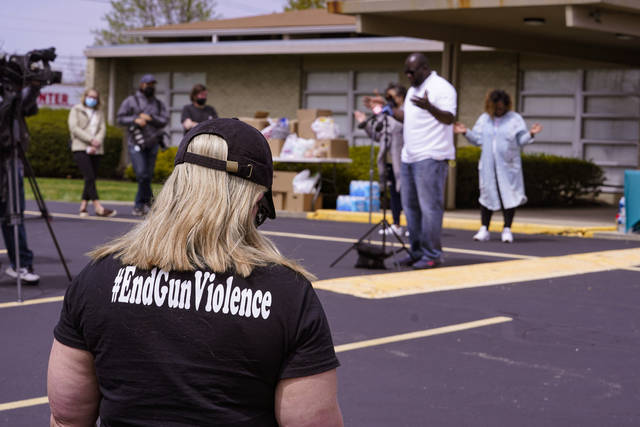https://development.triblive.com/opinion/christine-sarteschi-ideas-to-prevent-mass-shootings/
Christine Sarteschi: Ideas to prevent mass shootings

Mass shootings are a serious public health problem. According to studies and experts in the field, prevention strategies remain elusive.
One innovative area of study that has the potential to generate rich ideas for prevention is the directed study of thwarted, foiled or near-miss mass homicide plots. There is a great need to examine those and other similar mass homicide plots and to document who or what prevented them from occurring. Several studies have been conducted to date, and they have been illuminating.
When I studied this issue, I learned that family, friends and acquaintances were the people who most often discovered mass homicide plots. In a threat assessment world, this is called leakage. The concept is important because it highlights the fact that the perpetrator often intentionally or unintentionally reveals important information to people around them about their plans to commit violence. Someone often knows.
We saw this in the recent FedEx shooting. The shooter’s mother warned authorities that he was considering “suicide by cop.” Though his weapon was confiscated, and he was involuntarily committed, he was apparently only held for a matter of hours. Why didn’t the involuntary commitment last? Why was he let go and under what circumstances? Those questions still need answers.
We also know from early reporting that prosecutors did not utilize Indiana’s “red flag” law, which would have prevented the shooter from acquiring the weapons he utilized in the mass shooting. At a news conference, the county prosecutor indicated that there wasn’t enough time in the 14-day window to build a strong enough case to prevent the shooter from buying more weapons. Apparently, legal loopholes hinder the effectiveness of red flag laws in Indiana. These must be corrected to prevent future mass shootings.
Another possible prevention strategy involves interviewing mass shooters who survived to understand what led them to do what they did. Did they consider other choices? Did they try to get help and if not, why not? Why did they believe that going on a shooting spree would be the best way to respond to whatever was going on in their lives? We need to understand why going on a mass shooting spree has become an option for a small subsample of individuals.
We know from research that the desire for infamy may motivate some mass shooters, but there are other reasons, too. Aaron Stark, who wrote about the fact that he almost went on a school shooting, said that “I felt like I had nothing at all in life to look forward to and so I literally had nothing to lose. When someone has nothing to lose, they can do anything, and that thought should be terrifying.”
What ultimately changed his mind was the kindness of a friend. Stark says he was planning on dying by suicide “… when a friend … baked him a pie and threw him a gathering.” That simple gesture saved his life.
Interviewing surviving mass shooters could help us to learn how to better prevent these tragic events. That is what the Secret Service did in an innovative study decades ago. In a 1999 seminal study, referred to as the Exceptional Case Study Project (ECSP), researchers Robert Fein and Bryan Vossekuil systematically interviewed individuals who attacked or tried to attack highly prominent public officials or public figures. They thoroughly examined an individual’s path to violence with the goal of attempting to prevent future attacks. The same type of study could be done with surviving mass shooters. This would be an especially rich opportunity to study antecedent circumstances and to ascertain the motives of shooters who survived or whose plots were thwarted.
Christine Sarteschi is a professor of social work and criminology at Chatham University.
Copyright ©2025— Trib Total Media, LLC (TribLIVE.com)
